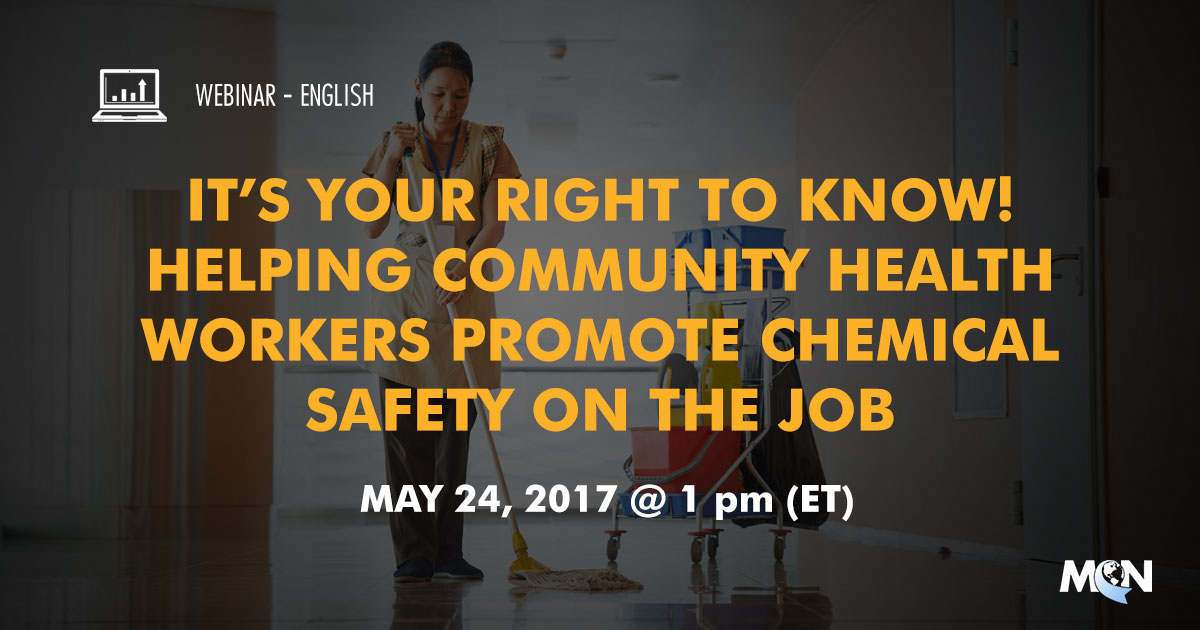This guide is intended to support new and existing community health center program grantees in the State of California to successfully navigate through their unique and complex environment, particularly in regards to financial and operational processes at both the state and federal levels. Offered for free on the California Primary Care Association Store.
"HITEQ developed a series of eLearning modules for new staff that focus on Health IT and the Triple Aim, but provide a good deal of health center context as well:"
- Staff Orientation to the use of Health Information Technology (HIT) to achieve the Triple Aim - Part I
- Staff Orientation to the use of Health Information Technology (HIT) to achieve the Triple Aim - Part II
- Staff Orientation to the use of Health Information Technology (HIT) to achieve the Triple Aim - Part III
- https://hiteqcenter.org/Resources/HITEQ-Resources/staff-orientation-to-the-use-of-health-information-technology-hit-to-achieve-the-triple-aim-part-i-2
- https://hiteqcenter.org/Resources/HITEQ-Resources/staff-orientation-to-the-use-of-health-information-technology-hit-to-achieve-the-triple-aim-part-ii-3
- https://hiteqcenter.org/Resources/HITEQ-Resources/staff-orientation-to-the-use-of-health-information-technology-hit-to-achieve-the-triple-aim-part-iii-3

DATE: May 24, 2017, 1 pm (ET)
SPEAKERS: Juliana Simmons, MSPH, CHES
Continuing Education Credit
To receive CME* or CNE credit after viewing this webinar, you must:
- Complete the Participant Evaluation associated with this webinar
- Send an email with your first and last name stating which webinar you completed to contedu@migrantclinician.org
Description
José Navarro was excited for his new career after landing a job in the poultry industry. After five years on the job, 37 year-old Navarro began coughing up blood. He died soon after when his lungs and kidneys failed. His death triggered a federal investigation raising questions about the health risks associated with the use of toxic chemicals in poultry plants.
Millions of workers are exposed to chemicals everyday on the job. All workers have the right to know about the chemicals they work with and community health workers can be an important source of information and support for workers. This workshop will teach community health workers how to explain what happens when someone is exposed to chemicals and how workers can best protect themselves
Learning Objectives
- Recognize how workers become exposed to chemicals and illnesses
- Describe basic safety practices when working around chemicals
- Understand the role of community health workers in identifying and preventing work related illnesses and hazards
This project is supported by the Health Resources and Services Administration (HRSA) of the U.S. Department of Health and Human Services (HHS) under cooperative agreement number U30CS09742, Technical Assistance to Community and Migrant Health Centers and Homeless for $1,094,709.00 with 0% of the total NCA project financed with non-federal sources. This information or content and conclusions are those of the author and should not be construed as the official position or policy of, nor should any endorsements be inferred by HRSA, HHS or the U.S. Government.